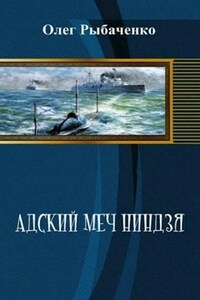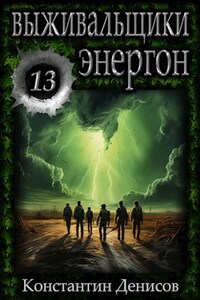Journey to the future
Автор книги - Vladimir Frolov. Произведение относится к жанрам научная фантастика, космическая фантастика, боевая фантастика. Оно опубликовано в 2023 году. Книге не присвоен международный стандартный книжный номер.
Small and big stories will pleasantly brighten up your leisure time, there are both about science and animals, and of course about biorobots. The action takes place in the near future.




